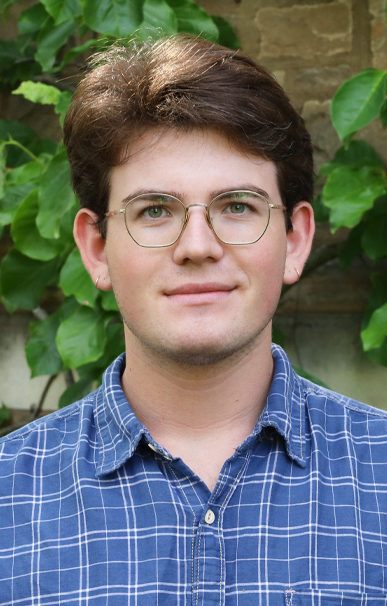Max Widmann ’24


History
Mining for the Climate
Certificate(s): Environmental Studies, Urban Studies
I researched lithium extraction in the United States. Lithium is an alkali metal essential for most electric vehicle batteries and grid-scale energy storage, but its mining is damaging and irreversible. I wanted to understand the competing narratives behind the green energy transition and inherently unsustainable extractive systems. Working with my co-interns and postdoctoral researchers in Princeton’s Blue Lab, I compiled an archive of statements from government agencies and mining corporations and secondary literature from environmental studies and the energy humanities. Additionally, I worked to identify potential stakeholders to interview, including environmental activists, mining corporation executives, affected Native American tribes, and ranchers. I participated in fieldwork in Gaston County, North Carolina; Pasadena, California; and northern Nevada. There, I conducted semi-structured interviews about residents’ experiences living near planned lithium mines. The first season of our podcast, “Mining for the Climate,” focuses on a junior mining company whose project, Carolina Lithium, has raised concerns among locals about noise, dust, water contamination and the future of their rural community. Working with the Blue Lab, interacting with environmental activists, and observing the insufficiency of environmental legislation has reaffirmed my desire to pursue a career that protects biodiversity and equitable access to federal lands.
2023
Environment and Society and Urban Sustainability
Blue Lab, Effron Center for the Study of America, Princeton University - Pasadena, California; Thacker Pass, Nevada; Princeton, New Jersey; Gaston County, North Carolina
Allison Carruth, Professor of American Studies and the High Meadows Environmental Institute, Princeton University; Nate Otjen, Postdoctoral Research Associate, High Meadows Environmental Institute, Princeton University; Juan Manuel Rubio, UC President’s and Andrew W. Mellon Postdoctoral Fellow, Department of Global Studies, University of California, Santa Barbara



